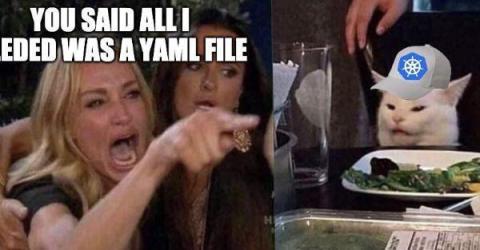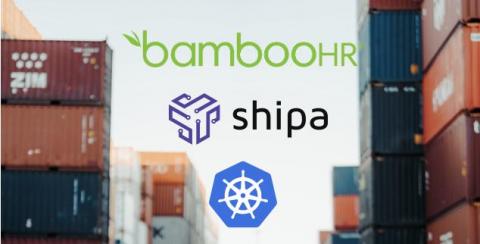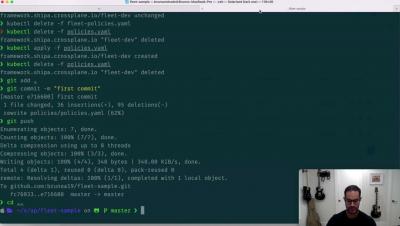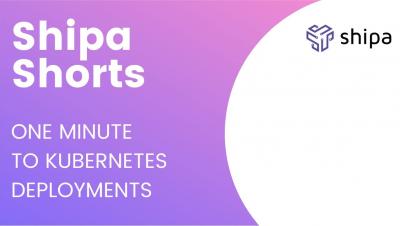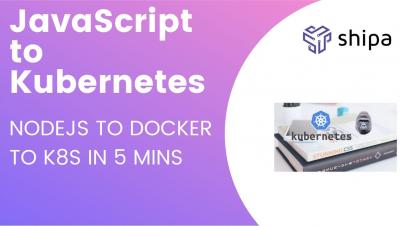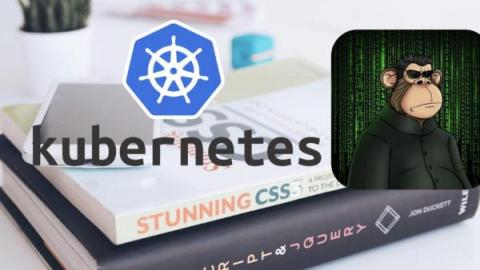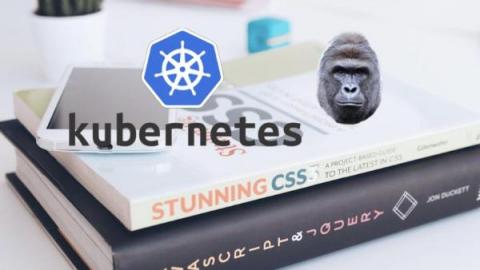Application API for Kubernetes
I guess at this point, you have heard of a company called Amazon and its business unit called Amazon Web Services, or AWS. Although you can read different stories about its beginning, one common thread across all of them is that it started with the need to scale quickly while enabling developers to deploy their services rapidly.


